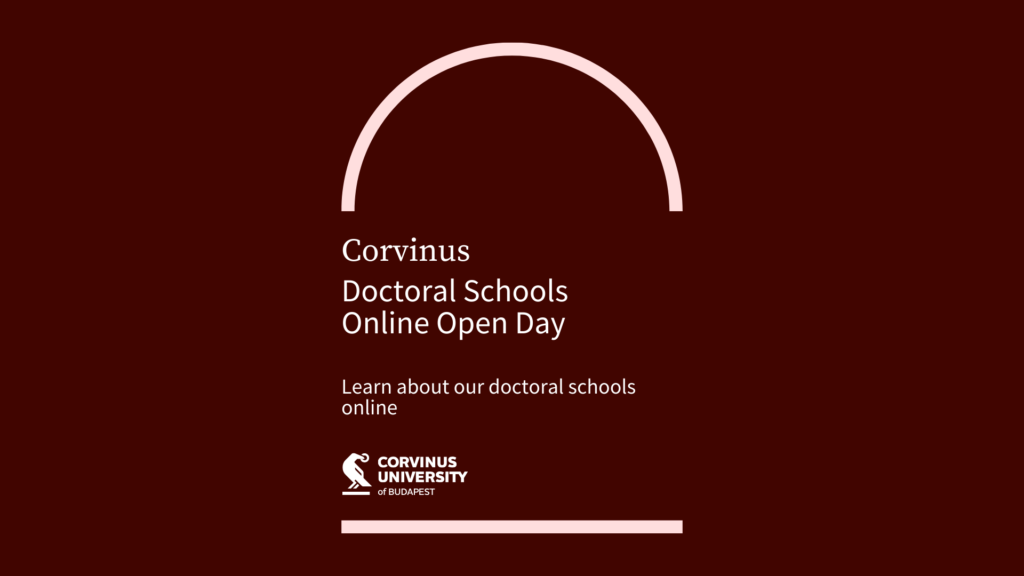
Corvinus Doctoral School’s Online Open Day 2025
Are you interested in a PhD? Do you have questions about admissions? Join our Online Open Day, where the heads of our doctoral schools will share their insights and we will answer your questions!
• A közgazdasági doktori program célja az, hogy hallgatóinkat megtanítsuk a jó minőségű folyóiratokban való publikálásra és magas szintű gazdasági elemzések elvégzésére.
• Programunk felépítése hasonlít a vezető egyetemek programjaihoz, ennek megfelelő kurzusokkal és disszertációs komponensekkel.
• Kiváló oktató-hallgató arányt kínálunk, így minden hallgató megkapja a szükséges figyelmet és támogatást.
• Lehetőség van tandíjmentesen, az állami ösztöndíj mellett Corvinus Doktori Ösztöndíjjal tanulni, amely havi 320 ezer forintra egészíti az állami ösztöndíj összegét.
• Egyetemünk oktatói nagy tapasztalattal rendelkeznek mind elméleti, mind empirikus kutatásokban, és szakértő tanácsokat tudnak adni diákjainknak.
• Iskolánk nagyszerű kutatási környezetet biztosít, rendszeres kutatási szemináriumokkal, konferenciákkal és workshopokkal, doktorandusz szemináriummal, valamint az oktatók és nemzetközi szakértők visszajelzéseivel.
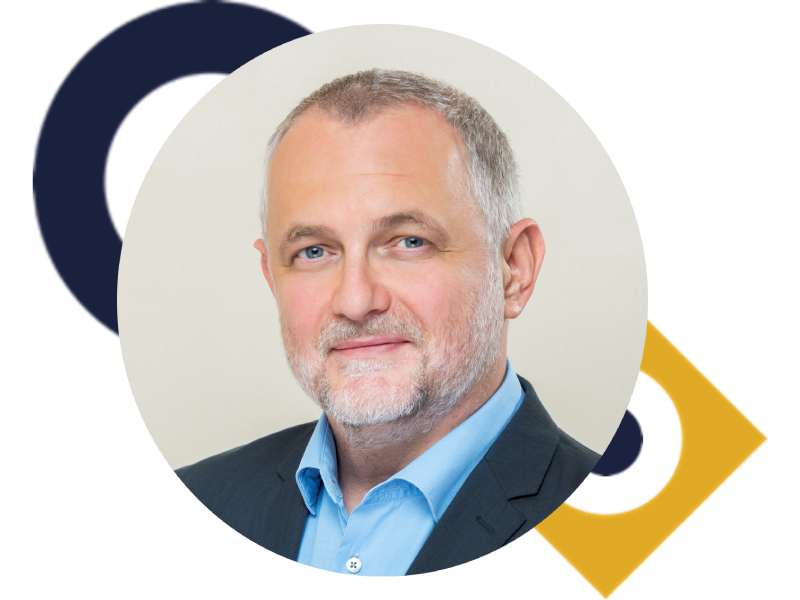
A Doktori Program Vezetője
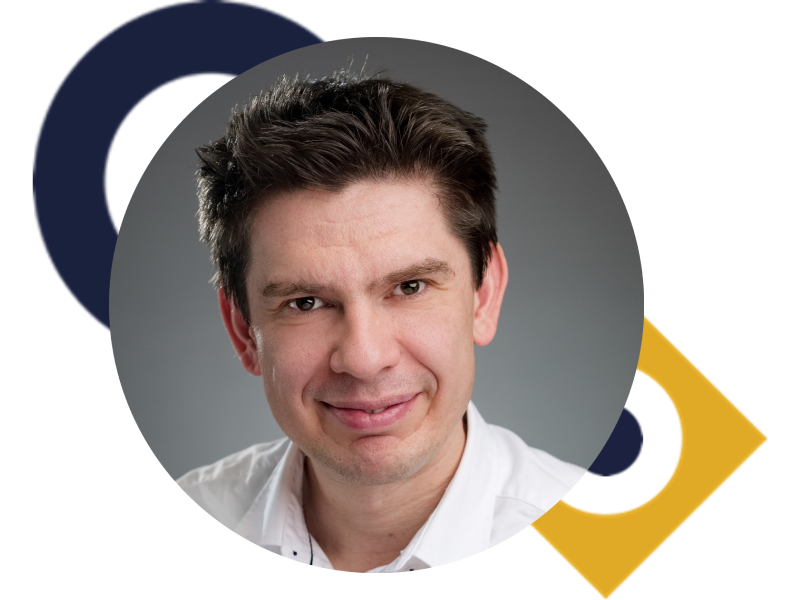
A Doktori Iskola Vezetője

Are you interested in a PhD? Do you have questions about admissions? Join our Online Open Day, where the heads of our doctoral schools will share their insights and we will answer your questions!
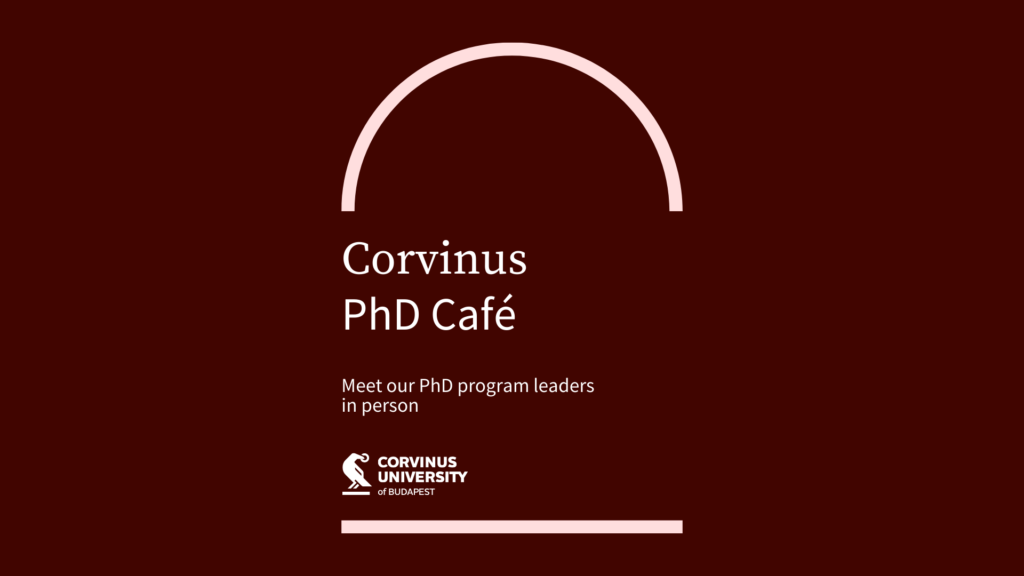
Iratkozz fel hírlevelünkre, hogy automatikusan megkapd a továbbtanulással és a felvételivel kapcsolatos legfrissebb információkat!
Doktori programunk célja, hogy a hallgatók megtanulják, hogyan kell olyan tanulmányokat írni, amelyeket végül magas színvonalú tudományos folyóiratokban publikálhatnak. A hallgatók magas színvonalú gazdasági elemzések elkészítését is megtanulják, amelyek segítik a döntéshozókat a jó szakpolitikák kialakításában mind kormányzati, mind vállalati szinten. A program a Corvinus kutatóinak és újonnan felvett nemzetközi oktatóinak szakértelmére épül.
A magas színvonalú mesterképzésről érkező hallgatók elfogadtathatják az alaptárgyakat, ha tanultak hasonlót a mesterszakon.
A program a következő modulok köré szerveződik:
Alapmodul. Az alapmodulban a hallgatók négy tárgyat tanulnak: mikroökonómia, makroökonómia, ökonometria és kauzális adatelemzés.
Specializáció modul. A program négy specializációt hirdet meg: elmélet, empirikus kutatás, pénzügy, makroökonómia. Egy specializáció teljesítéséhez a hallgatók 3 specializációtárgyat, valamint 3 további kurzust kell teljesítsenek. A második év végén komplex vizsgát tesznek, amely részben a specializációtárgyakra épül.
Kutatási modul. A hallgatók a kurzusmunkáról fokozatosan térnek át az egyéni kutatásra. A program kezdetétől a hallgatók kutatási szemináriumokon vesznek részt, és a doktori szemináriumon mutatják be kutatási ötleteiket, ahol a Corvinus kutatói és külső szakemberek véleményezik munkájukat. A komplex vizsgán bemutatnak egy részletes kutatási tervet.
A hallgatók a 2. év végén komplex vizsgát tesznek, amelyen számot adnak tudásukról a specializációt illetően, és egy részletes kutatási tervet mutatnak be.
A felvételi eljárás általános szabályait az EDSZ 15. paragrafusa tartalmazza, ami ide kattintva érhető el.
A beadandó dokumentumok listája ide kattintva érhető el!
A felvételi döntés a beadott jelentkezési anyagok előzetes véleményezésén és a szóbeli meghallgatás eredményén alapul.
A beadott anyagok elbírálásának szempontjai: a tudományág körébe eső tantárgyak vizsgajegyei, a diplomamunka témája és minősítése, a tudományos (pl. TDK) tevékenység, a motivációs levél (kutatási tervet nem kérünk).
A motivációs levélnek az alábbiakra kell kitérnie:
• Miért szeretne ehhez a programhoz csatlakozni, a leendő hallgató motivációi.
• Eddigi kutatási tapasztalatai, képességei.
• Néhány kutatási téma és módszer felvázolása, ami érdekelné, vagy már foglalkozott vele
Terjedelem: max. 3 oldal
A szóbeli meghallgatás a jelentkező tudományos munkára való alkalmasságát és szakmai motivációját méri fel. Amennyiben a jelentkező nem rendelkezik angol nyelvvizsgával, a szóbeli meghallgatás során a bizottság a jelentkező angol nyelvtudását is ellenőrzi.
A 2024-es felvételi időszakban a szóbeli meghallgatás személyesen történik, de akadályoztatás esetén lehetőség van Microsoft Teams csatlakozásra is.
A felvételi pontszámok összetétele:
• Előzetes szakmai eredmények, korábbi kutatások, egyéni teljesítmények, végzettség, SkillCert kognitív képességteszt: max. 40 pont
• Motivációs levél: max. 20 pont
• Szóbeli meghallgatás: max. 40 pont.
Iratkozz fel hírlevelünkre, hogy automatikusan megkapd a továbbtanulással és a felvételivel kapcsolatos legfrissebb információkat!
Iroda: Főépület 221.2.
E-mail: kgidi_phd@uni-corvinus.hu
Kérjük emailben egyeztess időpontot személyes konzultáció előtt!

A Doktori Program Igazgatója
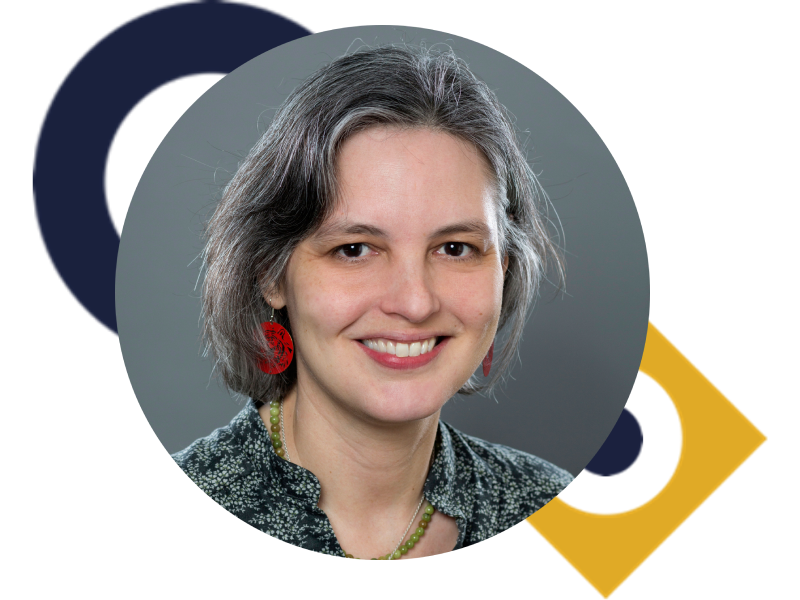
A Doktori Iskola Asszisztense és műhelyvita
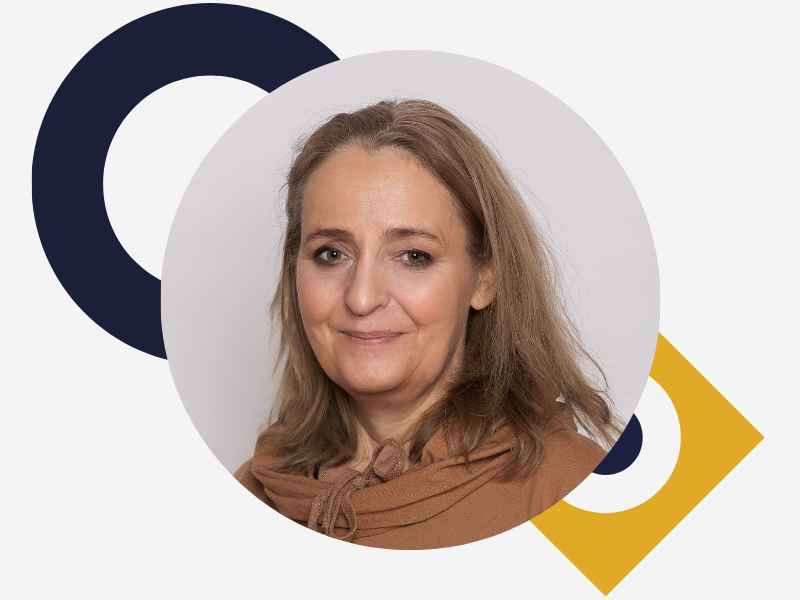
Referens - tanulmányi ügyek

A Doktori Iskola Vezetője
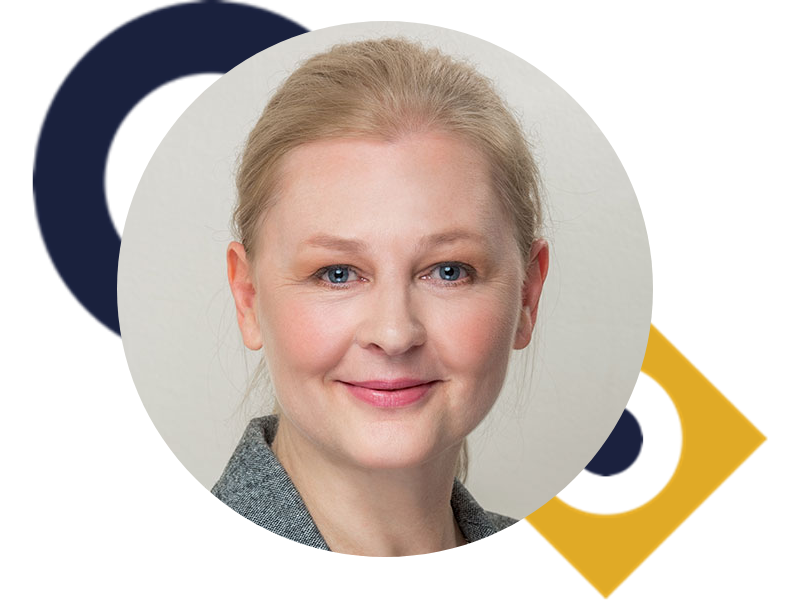
Referens - végső disszertáció benyújtás és védés